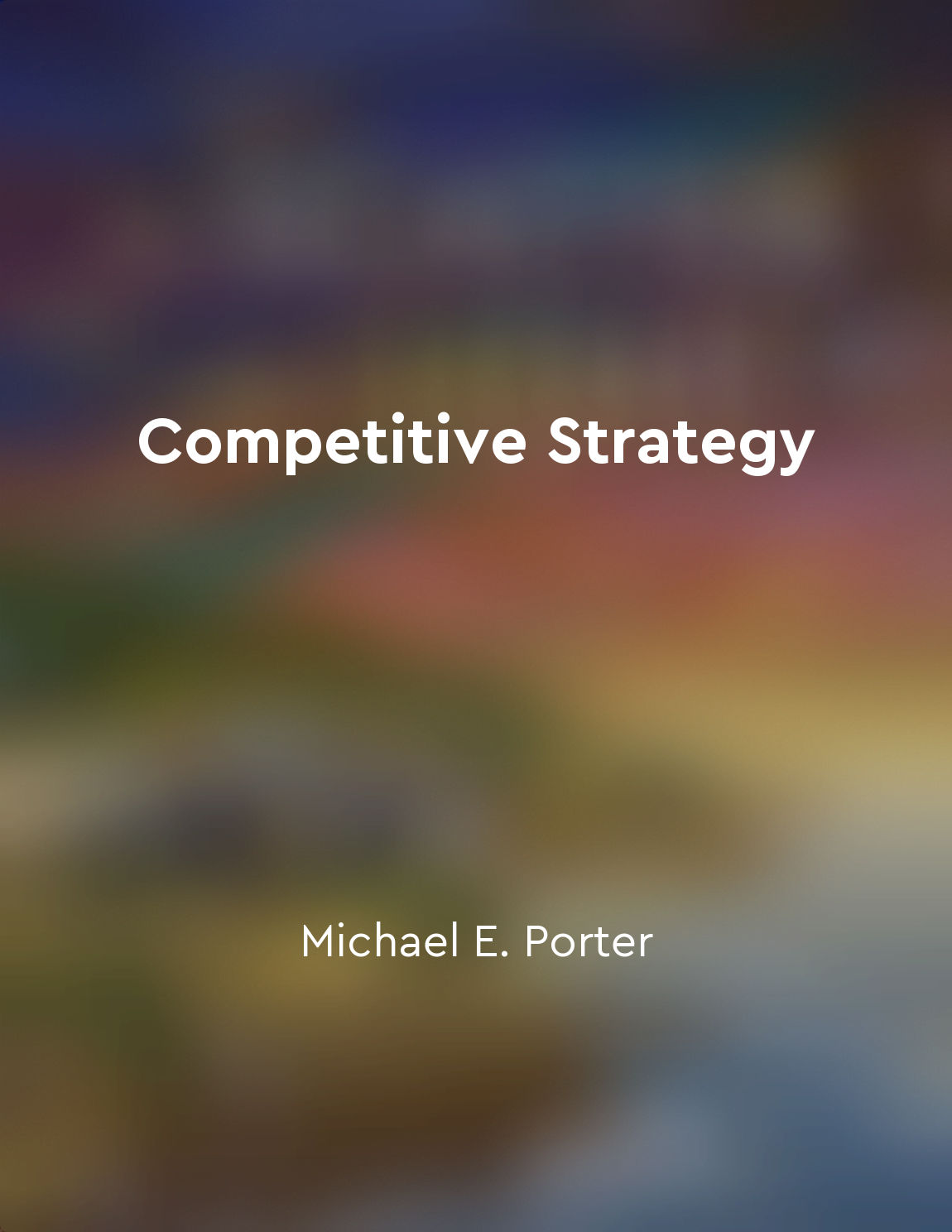Audio available in app
Differential analysis aids in making informed shortterm decisions from "summary" of Management & Cost Accounting by Colin Drury
Differential analysis is a technique used to evaluate the financial implications of different business choices. It focuses on identifying the costs and revenues that will change as a result of a decision. By concentrating on relevant costs—those that will be directly affected by a specific decision—managers can avoid unnecessary complexities associated with fixed or sunk costs. This simplified approach allows for clearer insights into the potential impact of various alternatives. For instance, when considering whether to accept a special order at a reduced price, a business should assess only the additional costs that would be incurred and the additional revenues that would be generated. Fixed costs remain constant and, therefore, do not play a role in this analysis. This clarity helps in understanding the real financial benefit or detriment of the decision. The use of contribution margin is a critical aspect of this analysis. By examining how much each product contributes to covering fixed costs and generating profit, managers can prioritize decisions based on the most economically beneficial options. This focus on incremental revenue and costs enhances decision-making efficiency. When facing short-term operational challenges, such as capacity constraints or inventory management, differential analysis can provide immediate insights. By comparing alternatives based on their variable costs and expected revenues, organizations can swiftly allocate resources to the most profitable areas. In practice, this method contributes to more strategic decision-making by ensuring that choices are grounded in relevant financial data. It empowers managers to respond adeptly to changing market conditions and operational needs while maintaining an emphasis on profitability and cost-effectiveness.Similar Posts
Use social media platforms to promote your products
Social media platforms have become a vital tool for promoting products in today's digital age. With millions of people active o...
Business model innovation is necessary for staying competitive
In today's fast-paced and ever-changing business environment, it is crucial for companies to continuously evolve and adapt in o...
Plan for profit from the start
To truly maximize profitability in your business, you must plan for profit from the very beginning. This means that even before...

Continuous improvement is necessary to maintain and enhance competitive advantage
In industries where competitive advantage is critical, companies must constantly seek ways to improve their operations and offe...

Develop a solid business plan
A solid business plan is the foundation upon which a successful business is built. It is a roadmap that outlines the goals and ...
The inevitability of disruptive forces in the market
Disruptive forces are an inherent part of the market, constantly reshaping industries and challenging established players. Thes...

Engage with early adopters for feedback
When introducing a new product or service to the market, it is crucial to seek feedback from early adopters. These are the cust...
Focusing on adding value to customers leads to longterm success
When you're starting out in business, it's easy to get caught up in the day-to-day hustle and bustle. You're focused on making ...
Strategic thinking should consider both shortterm and long-term goals
Strategic thinking is crucial for the success of any organization. It involves making decisions that will guide the company tow...

Find ways to automate repetitive tasks
One of the most effective ways to simplify your life and work is to find ways to automate repetitive tasks. This means identify...

